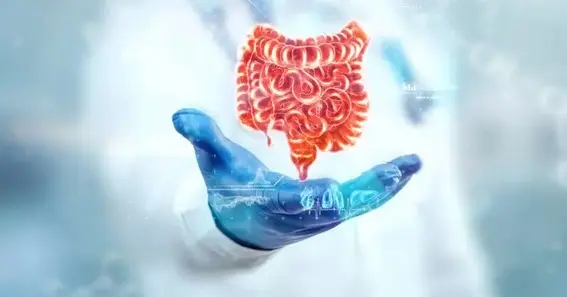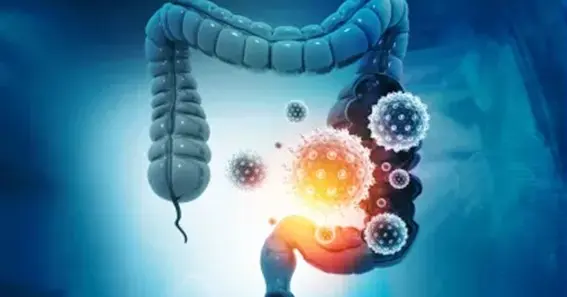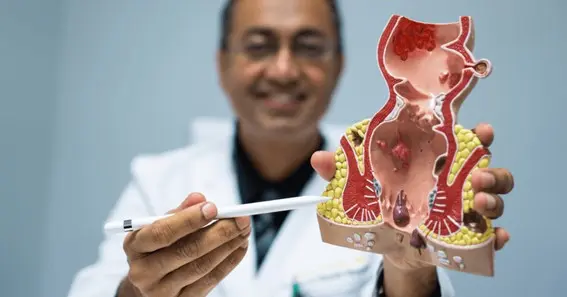What is a proctologist? Proctologists, also known as colorectal surgeons, diagnose and treat health issues related to the colon, rectum, and anus. These specialists treat several lower digestive system disorders and are crucial. In this article what is a proctologist is talked in a much more brief way.
What is a Proctologist?
Proctologists diagnose and treat rectum, anus, and colon issues. Proctologist originates from the Greek words proktos, meaning anus or hind parts, and logia, meaning study. Despite its age, most people understand the phrase. Many doctors today are colon surgeons. They understand hemorrhoids, anal cracks, and colon cancer.
Proctologists and colorectal surgeons employ colonoscopies and imaging to diagnose symptoms. They then create specific treatment programs involving medications, lifestyle changes, or surgery. Proctologists treat and prevent diseases. They teach patients to maintain healthy digestive tracts and test for issues early. Proctologists are vital to intestinal health because of their medical expertise and compassion.
Importance of Proctology

Knowing about what is a proctologist , next you will get tio know about their importance. Proctology’s importance depends on understanding the lower digestive tract. This organ removes waste, so abnormalities can cause discomfort and illness. Proctologists look after IBD, diverticulitis, and colon cancer patients. They learn to spot indications that ordinary practitioners may overlook so they can diagnose and treat them quickly. Due to their expertise, they can provide patients with effective therapies.
Proctologists do routine tests and colonoscopies to detect issues early. Proctologists empower patients to manage their health by educating intestinal wellness. Proctology advances have led to innovative rectal and colorectal therapies and surgeries that improve life. Proctology enhances patient care, medical comprehension, and general health. That was a brief introduction on what is a proctologist for you to get a good starting.
Common Conditions Treated by Proctologists
Proctologists treat many diseases with various indicators and approaches. Hemorrhoids are enlarged pelvic blood vessels. Painful, itchy, and bleedy. Hard stools can create anal fissures, tiny tears in the anus walls. Other issues include anal abscesses and fistulas. An infection can hurt and enlarge your body. Proctologists are crucial for diagnosing and treating colon cancer, the worst cancer. They ensure patients receive the correct treatment and procedure with understanding. Diverticulitis, IBD, and rectal prolapse are some conditions proctologists treat. To address these problems, proctologists may do colonoscopies, polypectomies, and stapling.
Diagnostic Procedures
Proctologists employ many procedures to diagnose rectum, anus, and stomach issues. A long, bendable tube with a camera is inserted into the rectum for a colonoscopy. Polyps can become cancer if untreated. Sigmoidoscopy examines the lower gut like a colonoscopy. Digital rectal examinations, anoscopy, CT scans, and MRIs can also diagnose issues. Proctologists can improve therapy planning using these procedures. Clinicians may employ endorectal ultrasound and chromoendoscopy. A colon dye is injected during chromoendoscopy to reveal problems. Endorectal ultrasonography images the rectum and surrounding tissues with sound waves. Proctologists can diagnose and treat many colorectal diseases with these instruments.
Surgical Interventions
When non-surgical techniques fail, proctologists may recommend surgery. Treatments range from minor to primary operations. Hemorrhoidectomy removes hemorrhoids. A fistulotomy opens a wound for healing. Proctologists remove part or all of the colon in colectomies to treat colorectal cancer. Laparoscopic surgery and other minimally invasive surgery advances have improved recovery and results. Colorectal procedures require meticulous and skilled proctologists.
Preventative Care and Lifestyle Advice

Proctologists recommend lifestyle adjustments and preventative care to maintain intestinal health. Eat lots of fiber to avoid hemorrhoids and features. Colonoscopies are used to detect colorectal cancer in the early stage—especially those in their over-50s and those with a family history. Proctologists advise patients to maintain a healthy weight, exercise regularly, and avoid sitting, which can worsen colon disorders. When people comply, their risk of significant diseases decreases.
Role of Proctologists in Cancer Treatment
Colorectal cancer treatment is a proctologist’s responsibility. They are involved in everything from examination to post-op care. Proctologists test for cancer and its stage. They develop surgical, chemotherapy, and radiation treatment programs with doctors. Proctologists perform challenging colon and rectum cancer removal surgeries. Their role is crucial to providing the finest care and maximizing recovery.
Proctologists’ Challenges
Now you know what is a proctologist and despite their crucial work, proctologists face several challenges. The shame surrounding rectal and anal care is a significant issue. Many patients avoid the proctologist because they’re afraid or embarrassed, which worsens their symptoms and makes therapy harder. These professionals must train and learn to keep up with surgery and diagnosis breakthroughs. Proctologists must control their emotions while treating dying patients. They must provide medical and emotional support.
Conclusion
Proctologists diagnose and treat numerous lower digestive system issues, which is crucial for colon health. Every patient receives complete care due to their surgical and non-surgical expertise. Proctologists focus on early diagnosis and preventative care to help people stay healthy. Learning about proctology and getting over stomach or anal issues can improve many people’s health and quality of life. This was a brief discuss and hopefully you understood the topic what is a proctologist.
FAQ
What problems do proctologists fix?
Health issues related to the rectum and colon, which includes colon hemorrhoids, fissures, abscesses, fistulas, and colorectal cancer.
How do proctologists diagnose?
The most common diagnostic methods include colonoscopy, sigmoidoscopy, digital rectal exams, anoscopy, and CT and MRI scans.
When does a proctologist need to be consulted?
If you have rectal bleeding, continuous pain, or bowel changes, or are over 50 and want regular examinations, consult a proctologist.
How may lifestyle modifications improve colorectal health?
Fiber, exercise, a healthy weight, and not sitting long can prevent colorectal issues.
How does a proctologist treat cancer?
Proctologists diagnose and treat colon cancer. They do biopsies, collaborate with doctors on treatment recommendations, and remove malignant tissue.
Sources:










